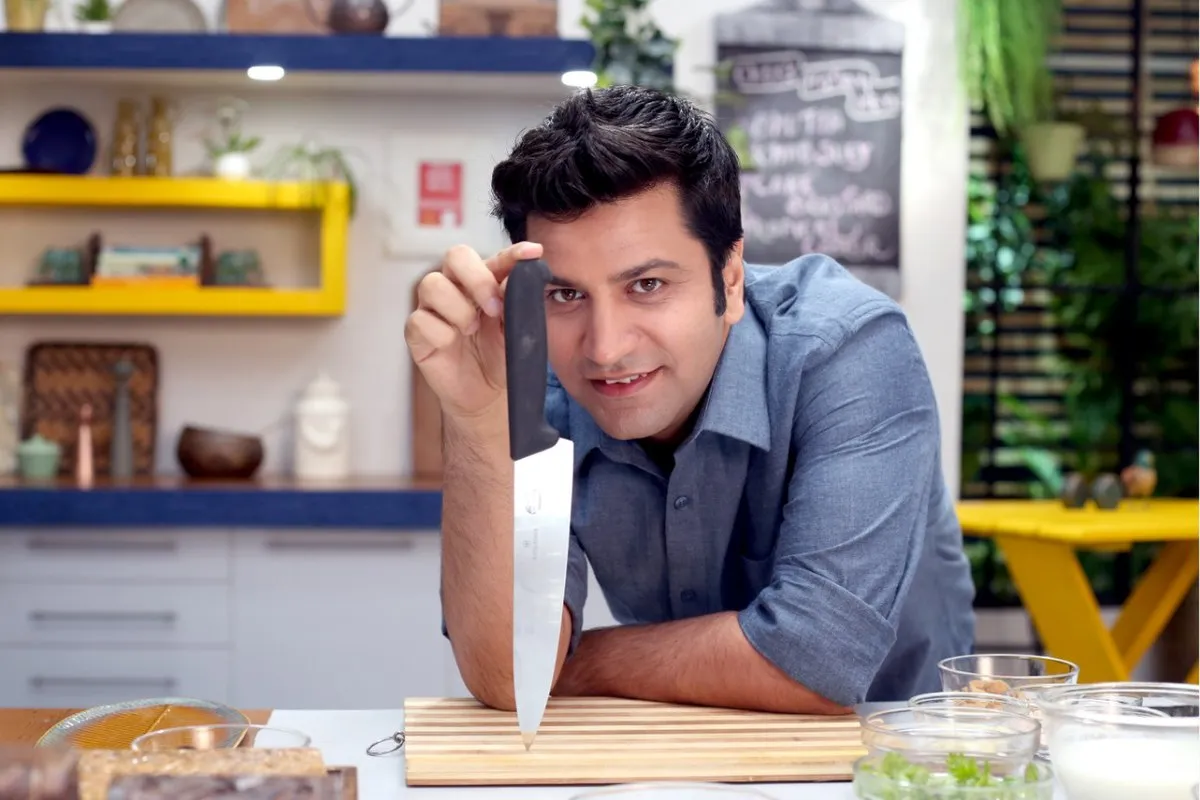Celebrity chef Kunal Kapur received a divorce from his wife on the basis of “cruelty” according to a recent judgement by the Delhi High Court. The court also stated that the behavior of Kapur’s wife lacked “dignity and empathy” towards him.
Court Finds Wife’s Conduct Cruel
The High Court bench, consisting of Justices Suresh Kumar Kait and Neena Bansal Krishna, granted the divorce on Tuesday. The court’s decision was based on the finding that the wife’s (respondent) behavior towards Kapur (appellant) was devoid of respect and empathy.
“When a spouse behaves in this manner towards the other, it dishonors the very idea of marriage. There is no reason why the spouse should be forced to endure the pain of living together in such circumstances,” the court added.
Kapur’s Allegations
Kapur, who married in 2008, claimed that his wife would frequently call the police and threaten to spread rumors about him on social media as his fame grew. The celebrity chef also stated that his wife created a scene by entering the studio with their son during the filming of the MasterChef India show in 2016. Their son was born in 2012. Following this incident, Kapur obtained a restraining order against his wife.
Wife’s Counterclaims
The wife, however, denied all accusations. She claimed that she had given up on her own career for the sake of her husband and family. She further alleged that her in-laws frequently criticised her for having a job instead of focusing on housework.
Court’s View on Wife’s Allegations
The Delhi High Court bench acknowledged the wife’s arguments during the hearing but pointed out that “making baseless, insulting, and unsubstantiated accusations against a spouse in public is considered cruelty.”
The court also highlighted Kapur’s professional success, stating, “It’s important to remember that the appellant established himself as a celebrity chef within two years of marriage. This achievement reflects his hard work and dedication, which wouldn’t have been possible if he had been reliant on his wife or in-laws.”
“Taking everything into account, it’s clear that these are simply allegations intended to damage the appellant’s reputation in the court’s eyes. Such unsubstantiated claims constitute cruelty,” the court concluded.












